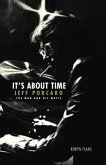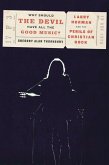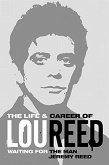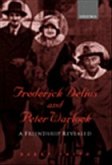Copland's music can be heard to accord with the political tenets of progressivism in the 1930s and '40s, including a fundamental sensitivity toward those less fortunate, support of multiethnic pluralism, belief in social democracy, and faith that America's past could be put in service of a better future. Crist explores how his works wrestle with the political complexities and cultural contradictions of the era by investing symbols of America - the West, folk song, patriotism, or the people - with progressive social ideals. While much has been written on the relationship between politics and art in the 1930s and '40s, very little of that attention has been aimed at the world of concert music. "Music for the Common Man" offers fresh insights on familiar pieces and the political context in which they emerged.
Music for the Common Man examines Copland's most celebrated music in the context of progressive politics during the 1930s and 1940s, arguing that such works as El Salon Mexico, Billy the Kid, and Appalachian Spring represent the aesthetic expression of leftwing cultural currents.
Hinweis: Dieser Artikel kann nur an eine deutsche Lieferadresse ausgeliefert werden.
Music for the Common Man examines Copland's most celebrated music in the context of progressive politics during the 1930s and 1940s, arguing that such works as El Salon Mexico, Billy the Kid, and Appalachian Spring represent the aesthetic expression of leftwing cultural currents.
Hinweis: Dieser Artikel kann nur an eine deutsche Lieferadresse ausgeliefert werden.








